Our latest group of Visiting Artist Fellows for the Fall 2019 and Spring 2020 semesters has been chosen! Selected from a vast group of applicants, our new artists come from India, Nepal, and Pakistan, and their work represents a multitude of artistic mediums. From the exploration of the human condition to a focus on racial and social identity, our Visiting Artist Fellows plan to spend their time at Harvard researching their interest areas and connecting with faculty, students, and the community to expand on their individual art practices.
SPRING 2020
Shah Numair Ahmed Abbasi, Mixed Media
Karachi, Pakistan

Shah Numair Ahmed Abbasi, Mixed Media Artist and Mittal Institute Spring 2020 Visiting Artist Fellow
Shah Numair Ahmed Abbasi’s practice draws on popular culture, anecdotes, and colloquialisms to stage personal and social narratives in an attempt to challenge the politics behind how gender is socially constructed and performed. The figure of the male nude is a recurring theme, often presented in ways that undermine or question idealized masculine virtues. Recent turns in his practice observe how queer men navigate issues related to their identity during interactions within and beyond the community, and across domestic, public, and virtual environments. He repurposes dating apps to investigate the dynamics of fragile spaces where interactions are dislocated, ephemeral, and motive-driven.
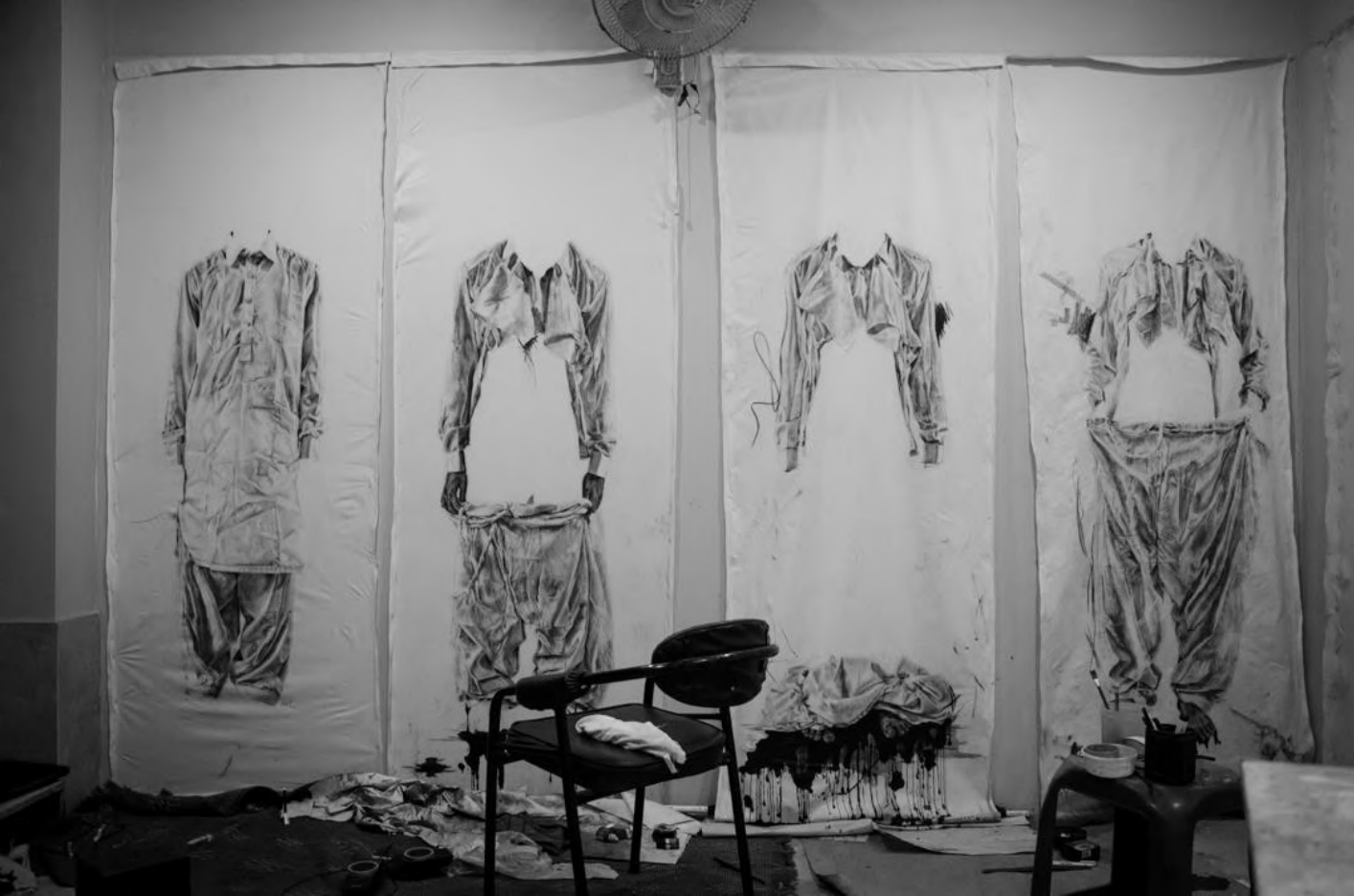
Of all the fallen men, 2017, mixed media on fabric, by Shah Numair Ahmed Abbasi
During his fellowship at the Mittal Institute, Abbasi will investigate the construction and performance of binary genders, sexualities, and their panoptic behavior in South Asia as rippled consequences of colonization. By utilizing the Institute’s resources and analyzing the South Asian artifacts and miniature paintings at the Harvard Art Museums, Abbasi will research whether the practice, acceptance, and visibility of the spectrum of genders and sexualities predate colonization; and if/how femininity and masculinity are colonial constructs that empower more complex notions of gender, gender relations, sexuality, and desire of the binary.
Suhasini Kejriwal, Painting and Mixed Media
Kolkata, India

Suhasini Kejriwal, Painter, Photographer, and Mittal Institute Spring 2020 Visiting Artist Fellow
Since 2015, I have explored the changing urban landscape in India, especially Chitpur in Kolkata, with the collective Hamdasti, and Chor Bazar in Mumbai. It has been my privilege to engage with both of these historic neighborhoods in several capacities: flaneur, photographer, artist, witness, and even collaborator. While on the one hand, I used my archive to make rich, layered, embroidered photo composites that echo the quiet but extraordinary beauty of the daily lives of the people who live and work here, I also collaborated with a signage maker in Chitpur to combine text with ready-made or found objects. Imbuing these objects with new meaning and placing them back within their original contexts allowed me to layer the landscape in a meaningful way.

Eden, 2012, acrylic on canvas, by Suhasini Kejriwal
I hope to work with the rich resources and pedagogical processes at the Mittal Institute and Harvard to expand my knowledge of the contemporary Indian urban city.
FALL 2019
Sagar Chhetri, Photography
Kathmandu, Nepal
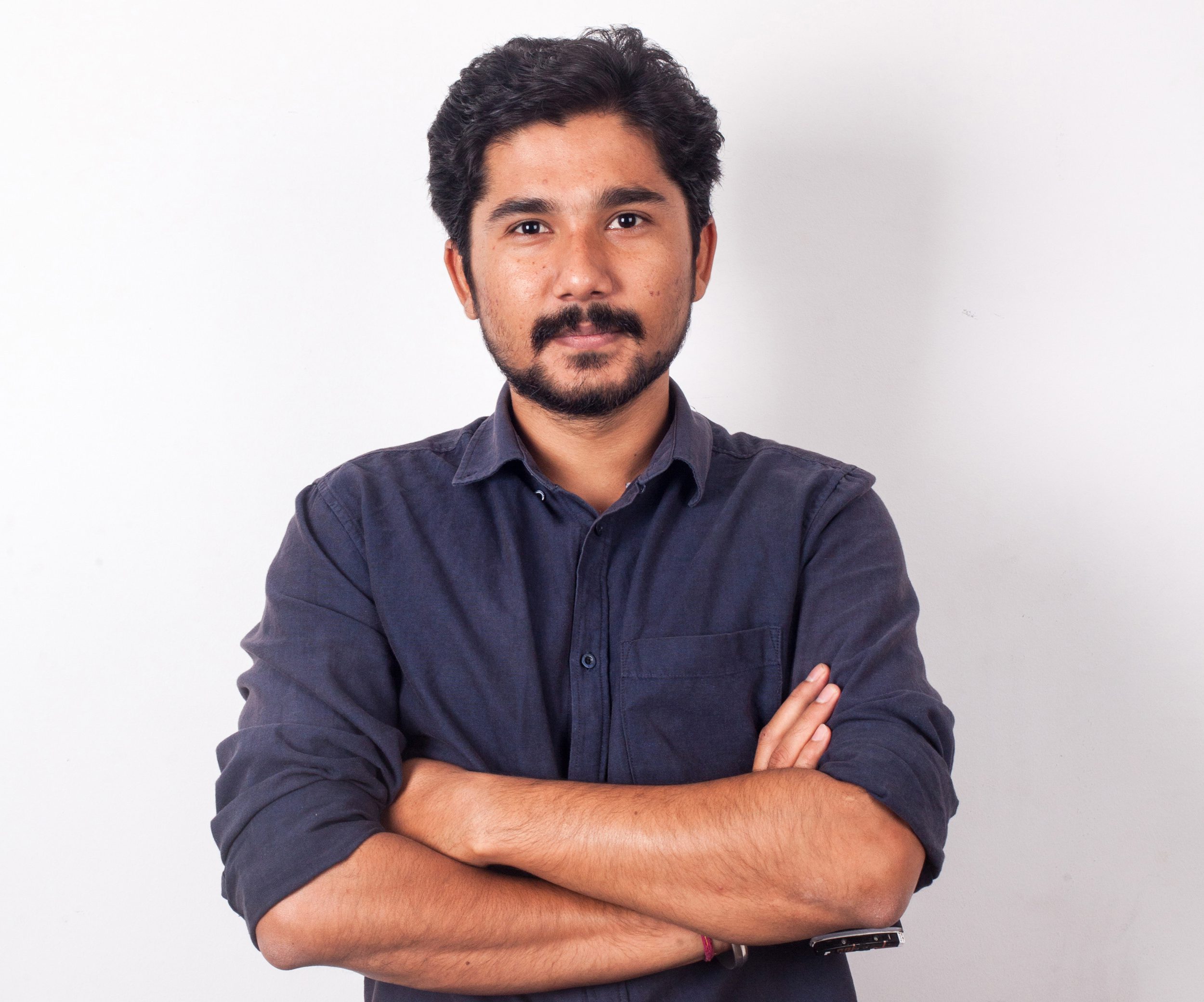
Sagar Chhetri, Photographer and Mittal Institute Fall 2019 Visiting Artist Fellow
Eclipse is an ongoing work which looks at the ambiguity and ambivalence that exists around the identity of the Madhesi people – people from the Southern belt of Nepal along the Nepal-India border. Through this project, I attempt to better understand the identity struggles of my Madhesi peers. I try to look into how this border region has been a salient incubator of political grievance, and how it is home to one of my generation’s biggest fights for identity.
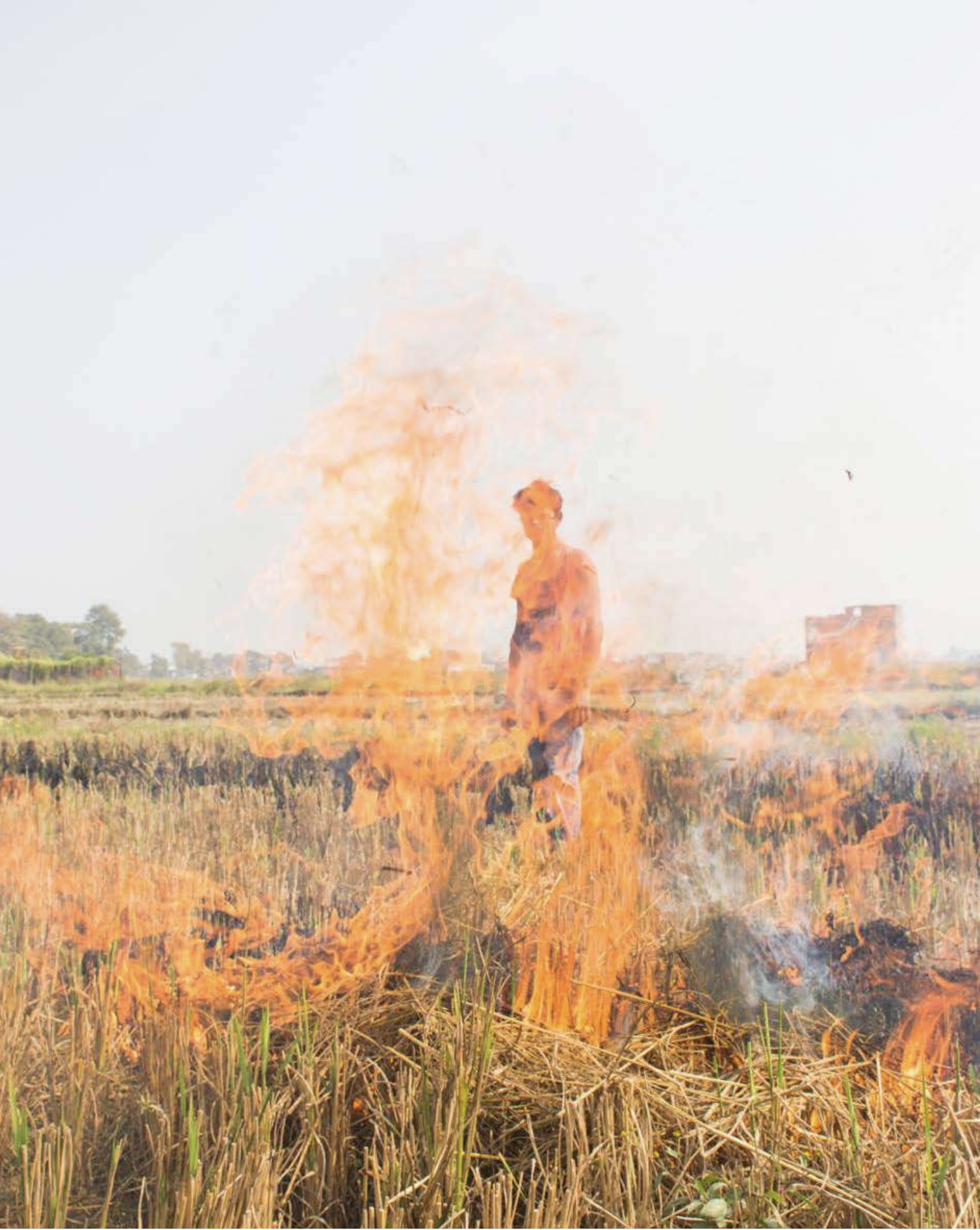
Photo by Sagar Chhetri.
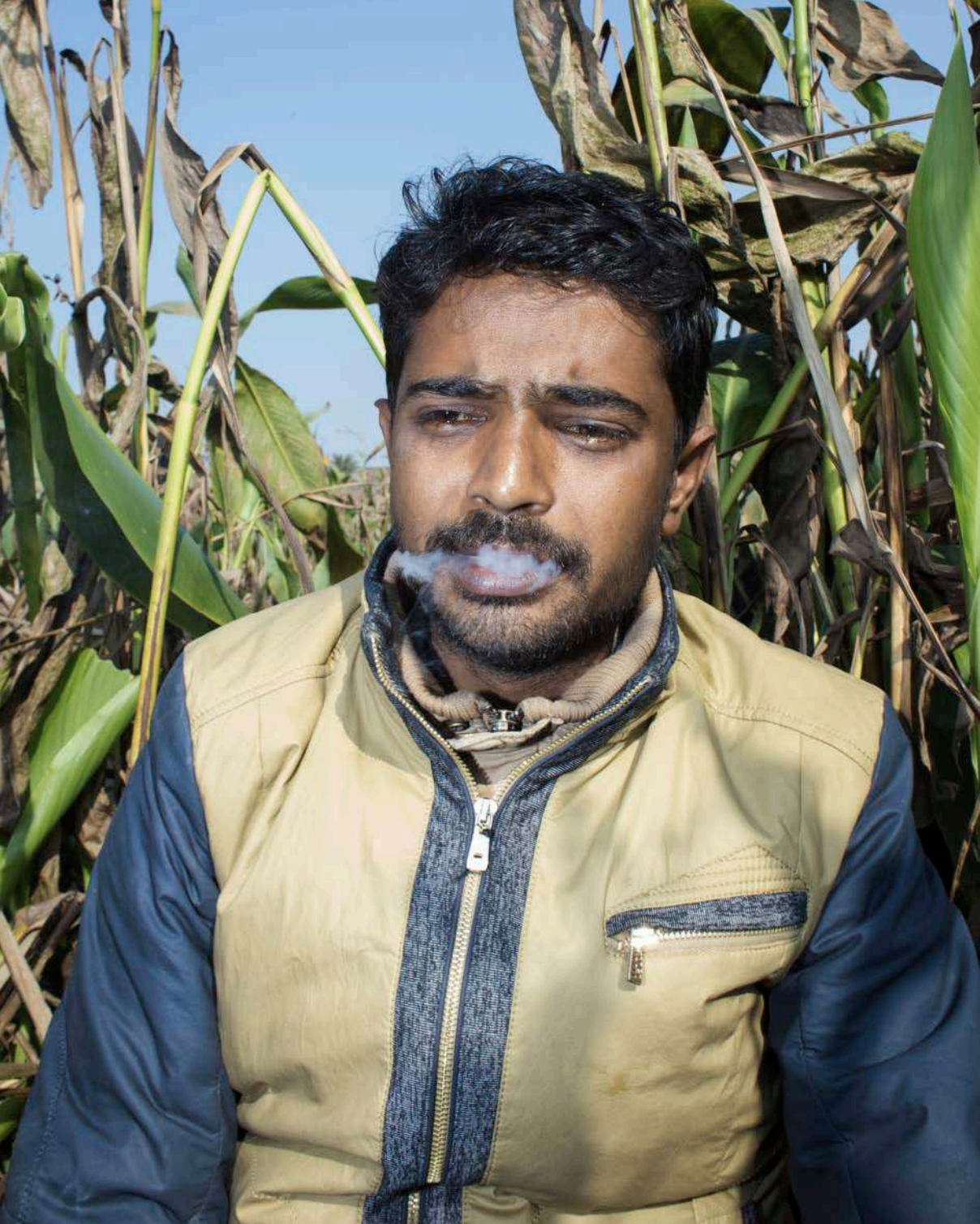
Photo by Sagar Chhetri.
At Harvard this fall, I aim to spend my time digging into the topic of racial/social identity, indigeneity, marginalized voices across South Asia, the history of the Nepal-India border, and the map that was introduced in the Sugauli treaty that was signed between the East India Company and the Kingdom of Nepal in 1816 AD. By connecting myself to available Harvard faculties, departments, museums, libraries, and fellows, I wish to sharpen my knowledge of the subject matter and explore ways to engage through the medium of visual arts.
Sakshi Gupta, Sculpture
Mumbai, India
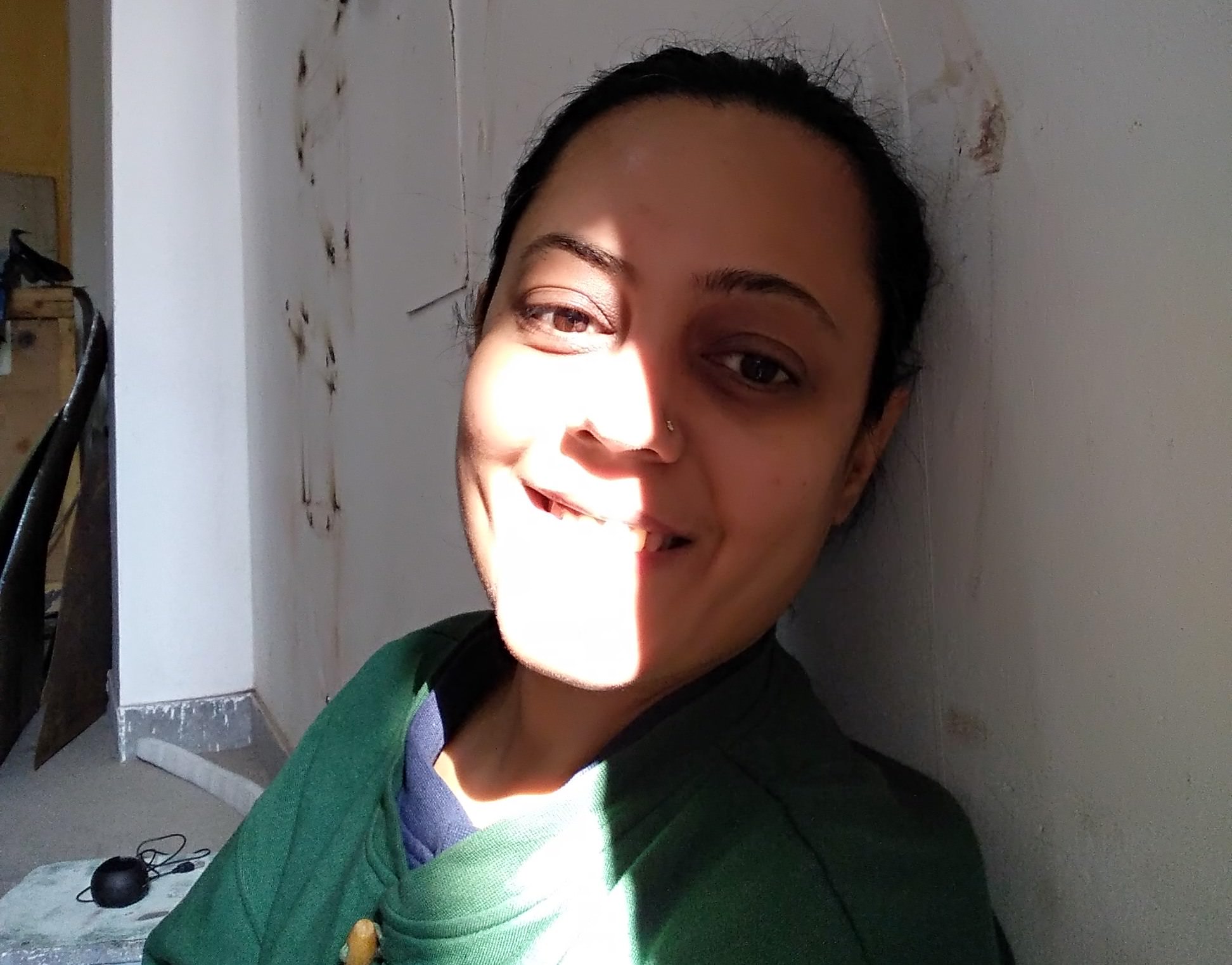
Sakshi Gupta, Sculptor and Mittal Institute Fall 2019 Visiting Artist Fellow
My practice is an attempt to frame human conditions of understanding, progressing, suffering, and halting due to lack/gain of knowledge, will, or energy. My works often wrestle with the need to achieve a balance between life’s inherent polarities. Using materials considered waste or ordinary to make something of significance is central to my practice. I see my practice as an immersive journey through form and material, toward the non-material and experiential.
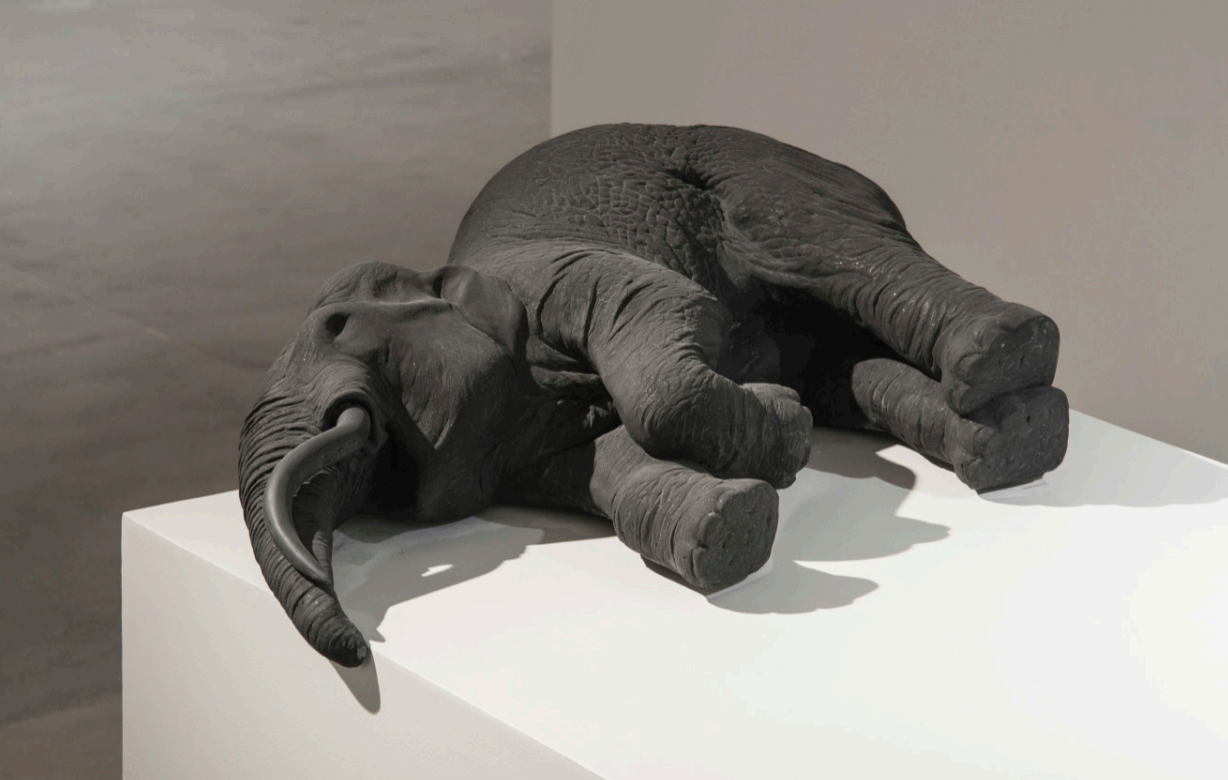
Untitled, 2013, cast concrete, by Sakshi Gupta.
I hope to study perspectives that are fundamental to current systems of spatial design and rethink not only my relationship with spaces and materials, but examine fresh ways of interweaving them vis-à-vis my practice and the context from which I come. How does one recalibrate the conflicted aspect of the role of the individual in today’s time and stimulate transformation? I hope to address this open-ended question through a multi-disciplinary approach during my term as a Visiting Artist at Harvard.
